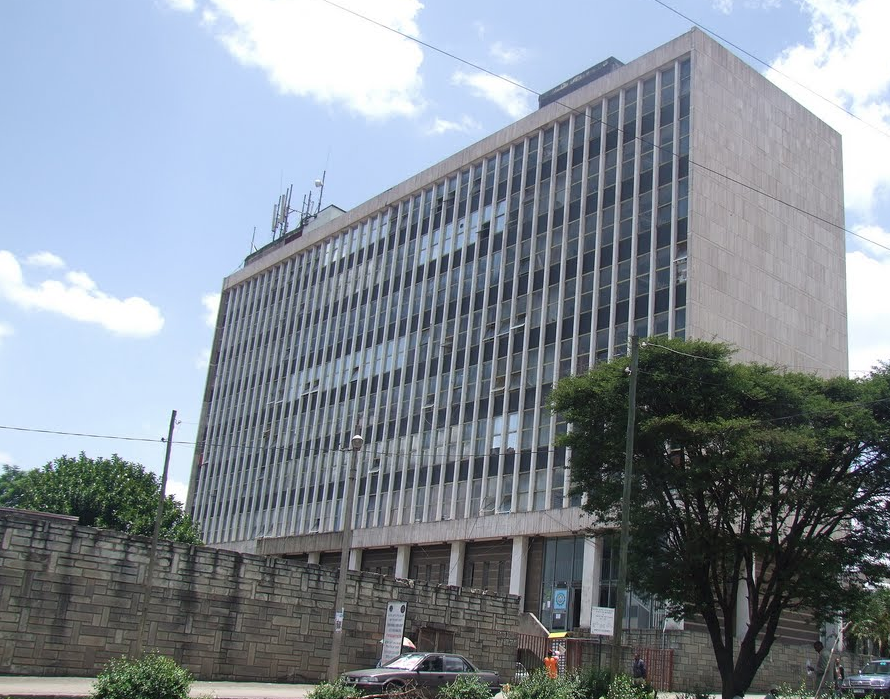
Radar | Feb 24,2024
Officials hope to mitigate the impacts of drought on the wide livestock population of Borena Zone, Oromia Regional State, by constructing groundwater wells.
Under Wash Program, the project is expected to benefit close to 43,000 populace frequently impacted by climate change.
The World Bank disbursed 90 million Br to three locations that will generate 1,728 cubic metres daily at the Elwaya area, while 46 million Br is allotted to the Wachele area to build six wells with a daily capacity of 2,592 cubic metres each.
It is implemented by the Ministry of Water & Energy with hopes of reaching drought-prone areas, according to State Minister Asfaw Dingamo.
Getnet Getu, communications director at the Ministry, said the scarcity is exacerbated by the huge livestock population in the area, which jeopardizes the livelihood of the pastoralists. According to Getnet, the plan includes supplying animal and potable water for inhabitants.
The Ministry signed an agreement with Oromia Construction Company (OCC) a month ago, with four months expected delivery time. The Company was established three years ago and has completed over 181 projects with 3,089 employees under its fleet.
A staggering 2.4 million heads of livestock have died due to dehydration and pasture over the past three years, according to the risk assessment report by FAO.
The magnitude of the drought that had tightly gripped the south-eastern parts of the country since 2020 is unprecedented in half a century, leaving more than 11 million people in acute food insecurity while affecting more than 24 million people. According to FAO’s 2021 report, communities in Borena and Dawa zones need up to 12 years to recover from the ravages of severe drought.
Residents in the Wachele area walk nearly 15Km daily carrying their jerrycans in search of water.
Fatuma Mussa, a mother of two, faces the long walk to hydration, carrying a 20ltr jerrycan accompanied by her eldest daughter. After all the hardships, the fetched water is infected, leading to water-borne diseases.
"It's not worthwhile," she said.
She is hopeful the infrastructures developed in her vicinity will give a lifeline to the population in desperate need.
Several studies estimate the livestock population of Borena town to be around 5.5 million, including bovine variants specific to the region. Pastoralists are compelled to watch their herds die of dehydration due to five consecutive seasons of no rainfall.
“Surface waters are running dry, and water supply infrastructures are not dispensing their services,” said Galma Bule, a resident in the area. Galama and his neighbours commute more than 25Kms to fetch water for their herds. They are expected to pay 5,000 Br to transport their cattle to places with relative resource availability.
"People that used to have over 300 herds are now left with a handful of emaciated cattle," he told Fortune.
Experts observe that such projects need a thorough assessment to build a sustainable and reliable supply.
Fiseha Behulu (PhD), a water resources engineer, said water provision projects in pastoralist areas need to develop multi-usage schemes since providing water for livestock is important for the residents as much as their livelihood.
"A proper study and plan are vital, particularly in drought-prone areas," he told Fortune.
PUBLISHED ON
Jun 03,2023 [ VOL
24 , NO
1205]

Radar | Feb 24,2024

Fortune News | Dec 04,2022

Editorial | Oct 30,2022
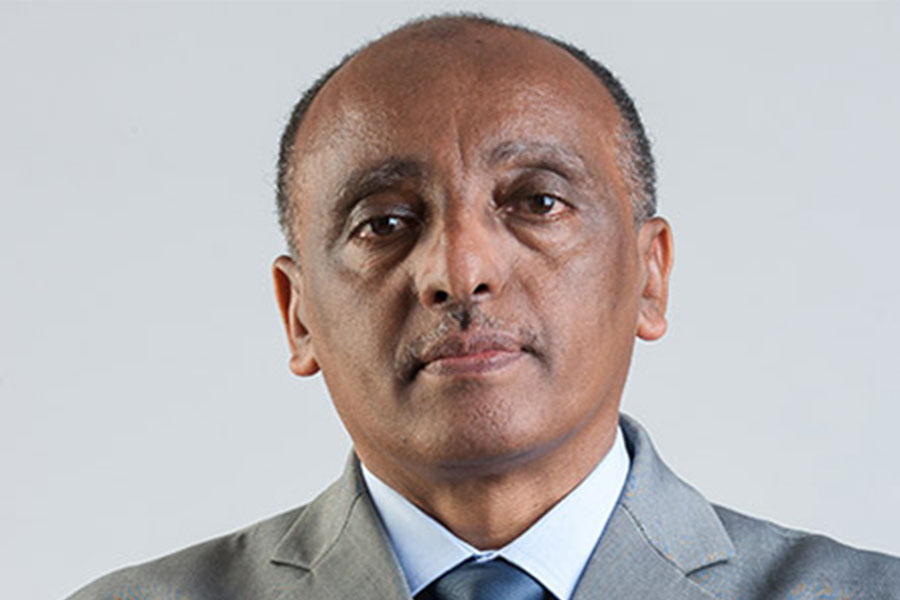
Radar | Dec 24,2022
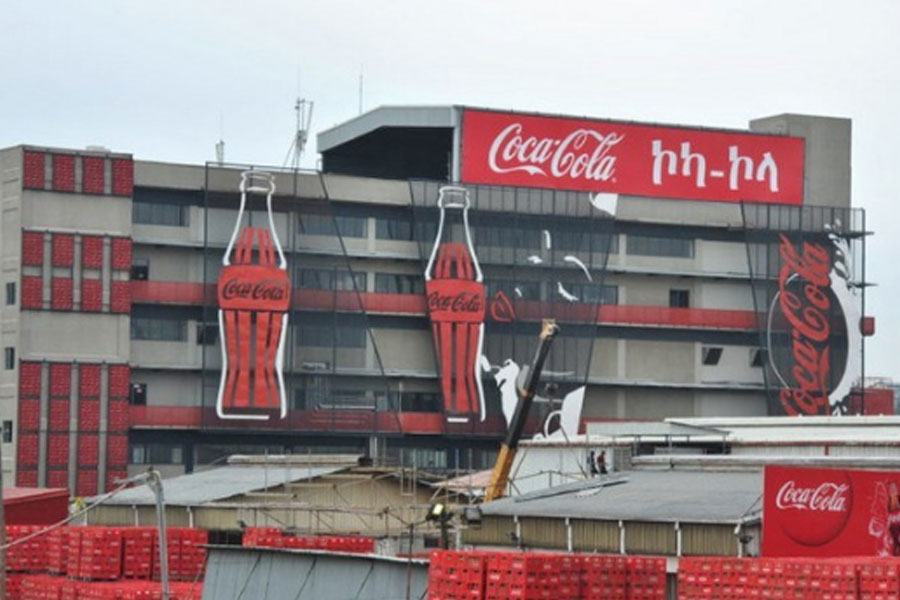
Fortune News | Mar 27,2021

Fortune News | Dec 05,2020

Life Matters | Nov 30,2024
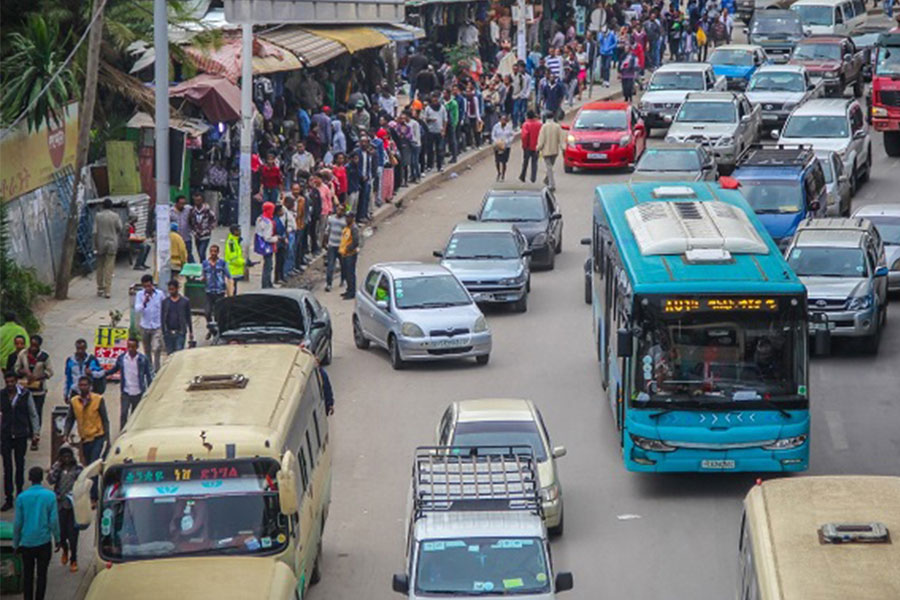
View From Arada | Jan 15,2022
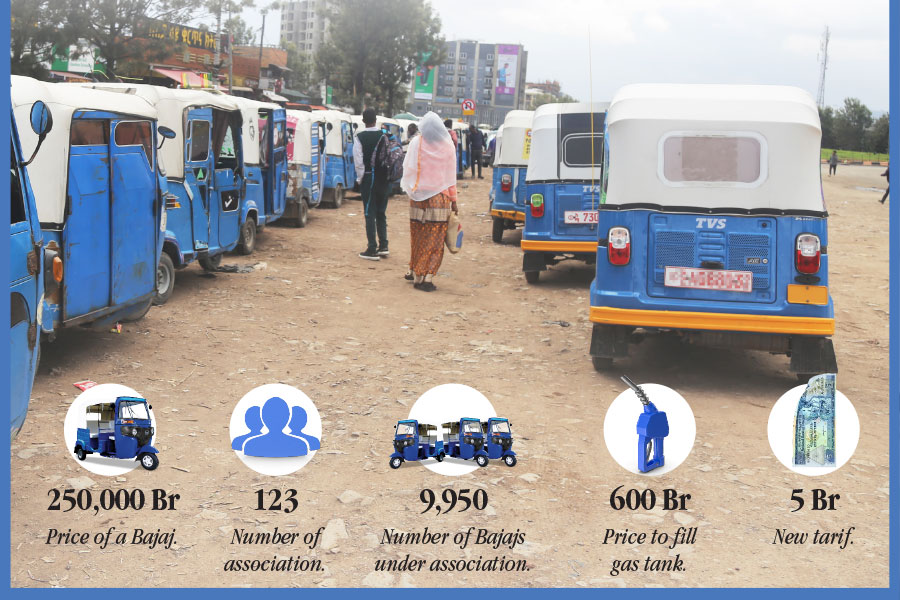
Fortune News | Apr 09,2023

Editorial | Apr 27,2024

Dec 22 , 2024 . By TIZITA SHEWAFERAW
Charged with transforming colossal state-owned enterprises into modern and competitiv...

Aug 18 , 2024 . By AKSAH ITALO
Although predictable Yonas Zerihun's job in the ride-hailing service is not immune to...

Jul 28 , 2024 . By TIZITA SHEWAFERAW
Unhabitual, perhaps too many, Samuel Gebreyohannes, 38, used to occasionally enjoy a couple of beers at breakfast. However, he recently swit...

Jul 13 , 2024 . By AKSAH ITALO
Investors who rely on tractors, trucks, and field vehicles for commuting, transporting commodities, and f...

Jul 12 , 2025
Political leaders and their policy advisors often promise great leaps forward, yet th...

Jul 5 , 2025
Six years ago, Ethiopia was the darling of international liberal commentators. A year...

Jun 28 , 2025
Meseret Damtie, the assertive auditor general, has never been shy about naming names...

Jun 21 , 2025
A well-worn adage says, “Budget is not destiny, but it is direction.” Examining t...